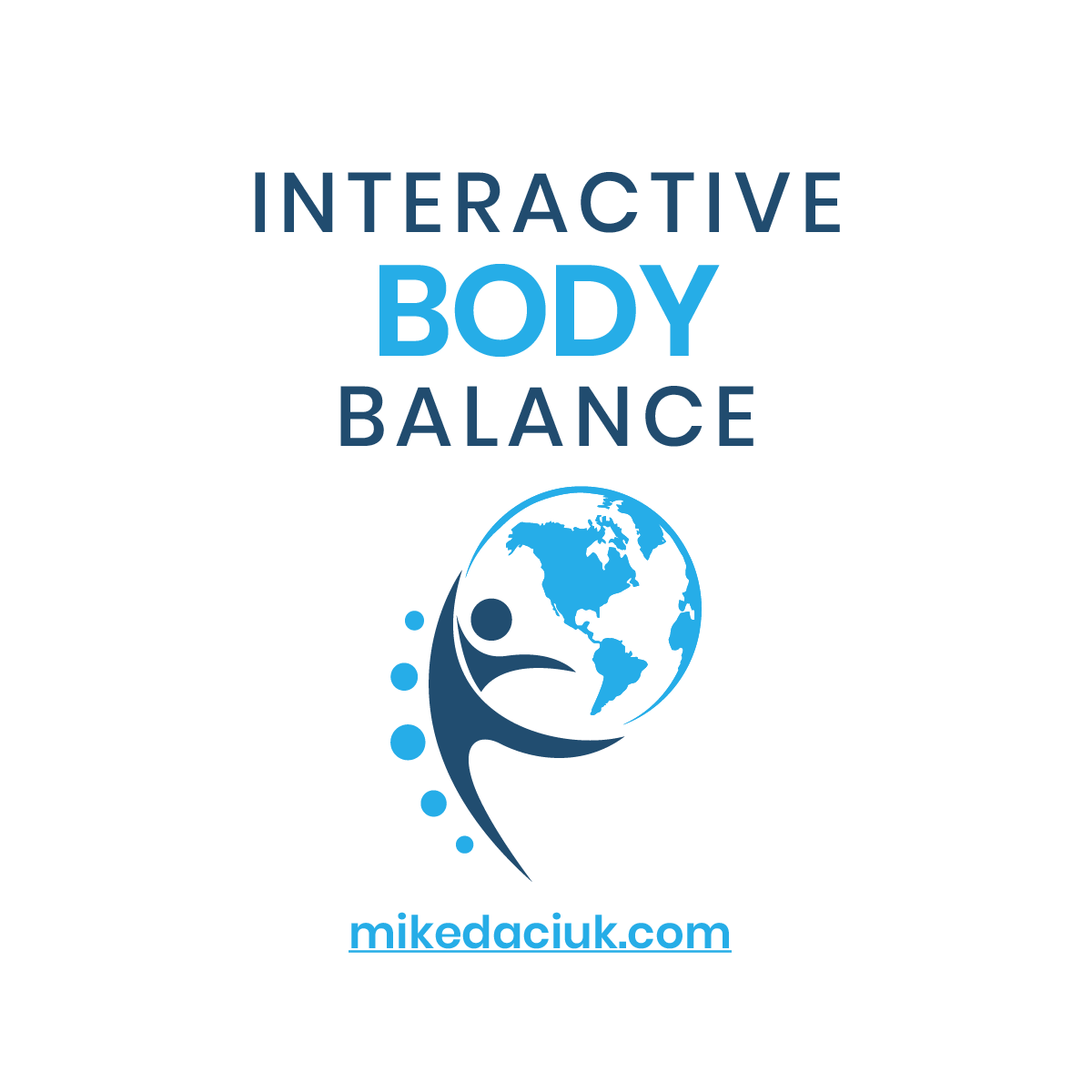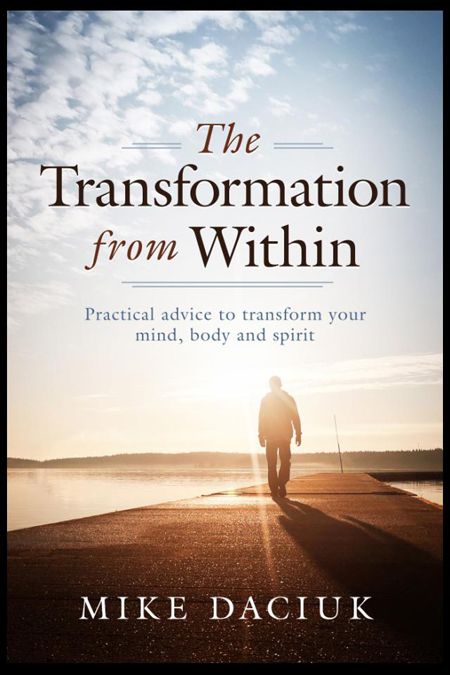From Hay House and Dr. Wayne Dyer.
1. Remove Any and All Labels
Old habits of thinking stick around, often for an entire lifetime, largely because you create internal reasons to reinforce and maintain them. These reasons, which I’m calling “excuses,” can become permanently lodged in your subconscious—they’re labels you place on yourself that ultimately become your self-definition. In the words of Søren Kierkegaard, the famed Danish theologian: “Once you label me you negate me.”
My daughter Serena grew up labeling herself as “not athletic” or even “frail,” a self-definition that morphed into a comfortable excuse whenever physical activity came up. My daughter’s labels negated the real Serena, who could become anything or anyone she chose. By consciously making a decision to remove those labels, and nothing more, Serena has gradually become a young woman who enjoys participating in athletic events and who loves the positive changes in her body as a result of daily exercise.
Rather than saddling yourself with self-limiting labels, affirm: I am capable of accomplishing anything I place my attention upon. Make it clear to yourself that you can never negate the real you; you’re an infinite being, and with God all things are possible. The corollary of this would be: with labels, most things are negated!
2. Converse with Your Subconscious Mind
I refuse to accept the idea that we have an unconscious mind that defies us by being completely inaccessible. To me, this is a prescription for believing that for the major portion of our lives, we’re controlled by unseen and unavailable forces residing within us. I recognize that we’re often totally unaware of why we’re behaving in certain ways, but this implies that we have no choice in the matter. Awareness is the simple key for alleviating this condition.
Have regular conversations with your subconscious—remind it that you don’t want to go through life on automatic pilot. Discuss your unwillingness to be a victim of the whims of that “ghost in the machine” of your body, whose orders originate in the mind viruses and thinking habits that were programmed into it by people who are either long dead or no longer play a role in your adult life.
I usually tell my own habitual mind things like this: “I know that I have some really silly leftover habits that were instilled in me a long time ago, and I want you to know that I’m no longer interested in having my actions dictated by you. I’m bringing all of those old habits of thought to the surface, and I’m going to make a conscious effort to be more aware of all aspects of my life.”
I had a conversation like this recently regarding my inclination to misplace my keys. I treated the ghost inside of me that always seemed to place my car keys in difficult-to-find locations as if it were a real person. While this may seem like an insignificant little habit, for me, changing it was huge. To this day I rarely misplace my keys.
Initiate a conversation with your subconscious mind in which you make it clear that you’re not going to let part of your life be run by an invisible stranger who acts and reacts on the basis of memetic or genetic programming. Instead, decide that you’re no longer going to allow (or excuse) behavior from an unconscious part of yourself.
3. Begin the Practice of Mindfulness
As you head into the seven chapters that identify a new paradigm for ridding yourself of excuses permanently, I encourage you to begin a practice of being more mindful. This is in fact what I did to end my lifetime habit of being forgetful, particularly when it came to where I placed my car keys.
At one time, I simply excused my can’t-find-my-keys behavior with this label: “I’m forgetful.” I can recall both my mother and my wife often exclaiming, “Oh, that’s Wayne, our absentminded professor!” Memes buried within my subconscious became useful excuses for explaining my habit of being forgetful . . . but then I discovered how to be mindful. I began to practice being conscious of what I used to do unconsciously, and it worked!
Each time I came into the house, I made a decision to be aware of my keys in my hand—to feel the texture and shape of each one of them, to hold them with awareness, to listen to the jingle-jangle sound—and then place them in a special spot reserved just for them. And lo and behold, an old unconscious habit had been brought to the surface and into my conscious mind, causing that old excuse of being forgetful to be eradicated. (On the rare day when I can’t find my keys now, it only serves to reinforce my commitment to stay mindful.)
By the same token, there was a time when my yoga practice could deteriorate into a boring routine and I’d become frustrated with myself; or while swimming in the ocean, running along the beach, or even sitting and writing, I could get lost in my old forgetfulness and lose sight of the glorious feeling that’s available in all human activity. I found that practicing mindfulness in many ways throughout my day helped immensely.
In his book The Miracle of Mindfulness, Thich Nhat Hanh advises us on this practice:
The Sutra of Mindfulness says, “When walking, the practitioner must be conscious that he is walking. When sitting, the practitioner must be conscious that he is sitting. When lying down, the practitioner must be conscious that he is lying down. . . .” The mindfulness of the positions of one’s body is not enough, however. We must be conscious of each breath, each movement, every thought and feeling, everything which has any relation to ourselves.
These days when I swim, I experience my arms moving, my legs kicking, my shoulders stretching, the feel and taste of the salt water, my fingers cupped and moving the water, my breathing, my heart rate . . . all of it. Practicing mindfulness has taught me how to be in the moment and find my self as well as my keys!
That makes me think of a story Mobi Ho, a Vietnamese scholar who translated Hanh’s book, tells:
As I sat down to translate The Miracle of Mindfulness, I remembered the episodes during the past years that had nurtured my own practice of mindfulness. There was the time I was cooking furiously and could not find a spoon I’d set down amid a scattered pile of pans and ingredients. As I searched here and there, Thay [Hanh] entered the kitchen and smiled. He asked, “What is Mobi looking for?” Of course, I answered, “The spoon! I’m looking for a spoon!” Thay answered, again with a smile, “No, Mobi is looking for Mobi.”
4. Commit to Overcoming Your Inertia
The excuses you frequently employ have taken up residence in your mind, which is dominated by your ego or false self; consequently, they won’t simply pack up and leave without putting up a fight. Those excuses have become familiar companions with your ego, and they’re always ready and willing to leap to your defense.
What I’ve found very useful in overcoming these ego-enriched justifications is to have a conversation with myself about who I intend to be and what I’m willing to do in order to bring this about. I call this my “commitment to overcoming inertia” conversation. When it comes to fulfilling my commitment to complete a book at a certain time, for instance, I can always haul out, I’m too busy . . . It’s too big . . . It will take a long time . . . I really don’t have the energy . . . or what have you. Yet my inertia conversation helps me organize a few techniques to eliminate those excuses.
The first thing I do is draw up a contractual agreement with myself that I look at each day. After conversing with myself about overcoming inertia, I put a hand-drawn model of the book’s jacket on my desk, so I’m writing from the perspective of acting as if what I want to complete is already here. I then continually remind myself that my word to my highest self (God) is sacred. This alone can push me in the direction of my writing space. Once I’m seated, all that procrastination—supported by excuses—disappears.
Before beginning the paradigm I explain in the next several chapters, I encourage you to make a commitment to give up inertia. Have a private conversation with your highest self and be willing to hold on to its vision for you, even if the old excuses come trotting back hoping for a sign of weakness on your part. The written agreement helps you recollect that you’re in the process of redefining yourself. You are now practicing an Excuses Begone! philosophy for organizing and running your life.
5. Use the Power of Affirmations
You can make your entire living space an affirmation by having it reflect the energy you wish to utilize in fulfilling your personal destiny.
My own living space reflects what I wish to have in my life, and I’ve found this extraordinarily beneficial in underscoring my desire to cease using excuses of any kind. I affirm everything I am; all that I wish to become; and all that I treasure with written, photographic, artistic, and natural symbols of what I believe to be high energy sources.
I stay in alignment with this kind of energy by surrounding myself with what I wish to attract. For example, I want love in my life, so I place symbols of it around as affirmations that I’m aligned with what I want to receive. These include photographs that inspire thoughts of love, fresh flowers that are God’s gifts of love in the form of natural beauty, books about love, and written statements such as these that I’m looking at as I write: “Love . . . binds everything together in perfect harmony” (Saint Paul); “He whom love touches not walks in darkness” (Plato); and “He who does not love does not know God, for God is love” (1 John 4:8).
Not only do you become what you think about all day long, you become what you avow to the universe as well. I urge you to make your home and working space living testimonials to your highest desires. Affirm that you’re deserving of all the abundance that the universe has to offer. Affirm your love for yourself. Affirm that you’re a Divine creation, and thus willing and open to that Divine Source working on your behalf.
Never underestimate the power affirmations hold in helping you eradicate the excuses you use to defend the shortcomings of your life.
6. Live in a Helpful, Supportive Universe
One of the most important decisions you’ll ever make is choosing the kind of universe you exist in: is it helpful and supportive or hostile and unsupportive? Your answer to this question will make all the difference in terms of how you live your life and what kind of Divine assistance you attract.
Remember that you get what you think about, whether you want it or not. So if you’re sure that this is an unfriendly universe, you’ll look for examples to support this point of view. You’ll anticipate people attempting to cheat, judge, take advantage of, and otherwise harm you. You’ll blame the antagonistic, inhospitable cosmos for not cooperating with you in the fulfillment of your desires. You’ll point the finger at belligerent folks and bad luck for the kind of world we all live in. Since this worldview trickles down into every thought you have, you become a person persistently looking for occasions to be offended, and therefore in possession of a whole slew of excuses.
My favorite affirmation when I feel stuck or out of sorts is: Whatever I need is already here, and it is all for my highest good. Jot this down and post it conspicuously throughout your home, on the dashboard of your car, at your office, on your microwave oven, and even in front of your toilet! Remind yourself: I live in a friendly universe that will support any thing or desire that is aligned with the universal Source of all. Such a stance will be a giant step toward living an Excuses Begone! life.
Affirming that what you want is already here and all you have to do is connect to it causes you to remember that what you attract is for your highest good, so you can then let go of the timing issue altogether. Just know that it is here and will arrive on God’s schedule—as does everything that makes the journey from nonbeing to being.
I’ve found that by shifting my belief about the nature of the universe, I attract whatever I desire into my life. I desire love. I desire peace. I desire health. I desire happiness. I desire prosperity. Why would I want to hold the view that our universe is un-
supportive, evil, and unfriendly? How could I expect the Divine realm to hear me if I’m asking it to be something other than what it is? Thus, I see my desires in perfect rapport with how the universe works.
When I pray, I do so in the spirit of Saint Francis. Rather than ask God to grant him peace, this inspiring man beseeched God to “make me an instrument of Thy peace.” In other words, “Let me be like the Source from which I originated, and then I will rest in the knowing that it must be here, on its way, and for my highest good.” As you can see, there’s no room for excuses when you apply this model to your everyday life.
As I’ve written and said many times, “When you change the way you look at things, the things you look at change.” And this applies to the entire universe.
7. Don’t Complain—Don’t Explain!
Complaining and explaining are the two huge allies of excuse making. Generally speaking, when you resort to complaining you employ an excuse of one kind or another, placing the responsibility for what’s upsetting you on something or someone external to yourself. Complaining about the way somebody has performed (or failed to perform) is another way of making an excuse for why you’re dissatisfied or unhappy. “It’s their fault that my blood pressure is up—look at how miserably they’ve performed” or, “How can I enjoy myself at dinner when everyone here at this restaurant is behaving so incompetently?” are prime examples. Finding fault with circumstances, the weather, the economy, other people, or anything else outside yourself is a way to hang on to excuses.
In addition to putting an end to complaints, I recommend that you never attempt to explain. As I’ve pursued a no-excuses mentality, I’ve made it my policy to keep the things that I wish to accomplish a private matter. By doing so, I’m never forced into a stance of having to explain myself. I’m well aware that many of my personal life missions sound strange and outrageous to others. Consequently, I’ve learned to avoid sharing my intentions with anyone, outside of a select few whom I know and trust at a spiritual level. (Anything I might say to these individuals wouldn’t require me to explain myself in any way.)
The problem with having to explain yourself is that in doing so, you inevitably invoke the ego to do your bidding. You have a tendency to make yourself right, sensible, and understood; while at the same time dealing with the doubts and antagonisms of those who don’t share your views or your optimism. When you keep things to yourself, you stay connected to your spiritual side, or the place within you that has no need to be right or to make anyone else wrong.
Since all of creation comes from the world of nonbeing, if you want to give life to your dreams and desires—if you wish to manifest your own destiny—then you must rely on the great Source of all creation, Spirit. The moment you inject ego into the picture, you invite excuses; and the moment you invoke those familiar excuses, you stop the creative and the creation process from manifesting.
Source: https://hayhouseoz.wordpress.com/2010/06/30/discover-7-ways-to-boost-your-confidence-wayne-w-dyer/
www.mikedaciuk.com



